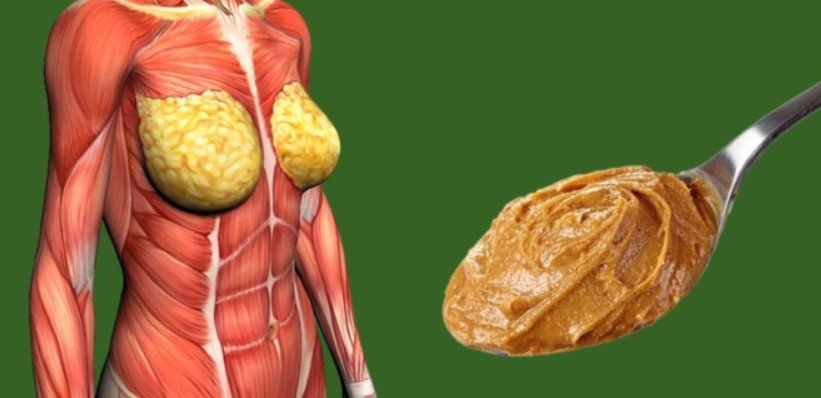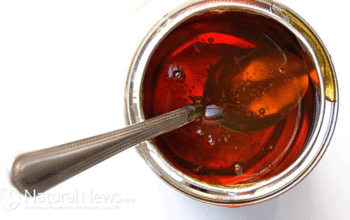When it comes to nutritious and delicious foods, peanut butter stands out as a versatile and health-packed option. Far more than just a tasty spread, peanut butter offers an impressive array of health benefits that can support overall wellness when consumed as part of a balanced diet.
The Heart-Healthy Fat Profile
Peanut butter is a powerhouse of heart-healthy fats, primarily composed of mono- and polyunsaturated fats that can positively impact cardiovascular health. These beneficial fats work to lower bad cholesterol levels while maintaining good cholesterol, potentially reducing the risk of heart disease. Research from the American Heart Association highlights how these unsaturated fats can help stabilize heart rhythm and reduce inflammation throughout the body.
A Nutritional Powerhouse of Micronutrients
Beyond its fat content, peanut butter is packed with essential micronutrients that contribute to overall health:
- Niacin: Supports brain health and helps convert food into energy
- Magnesium: Crucial for muscle and nerve function
- Antioxidants: Help combat oxidative stress and reduce cellular damage
Protein and Weight Management
For those looking to manage their weight, peanut butter offers a compelling nutritional profile. Its high protein content promotes satiety, helping you feel full longer and potentially reducing overall calorie intake. Studies from the Harvard School of Public Health suggest that protein-rich foods like peanut butter can be instrumental in weight management strategies.
Digestive Health and Fiber
The fiber content in peanut butter provides significant digestive benefits. Both soluble and insoluble fiber contribute to improved gut health, helping to regulate bowel movements and support a healthy digestive system. Additionally, this fiber can help stabilize blood sugar levels, making peanut butter an excellent option for those monitoring their glucose intake.
Brain Health and Cognitive Function
Niacin, abundantly found in peanut butter, plays a crucial role in brain health. This essential nutrient supports cognitive function and may help prevent neurological disorders. Regular consumption of niacin-rich foods like peanut butter could potentially support mental clarity and overall brain wellness.
Choosing and Consuming Peanut Butter Wisely
While peanut butter offers numerous health benefits, moderation is key. Opt for natural peanut butter varieties without added sugars or hydrogenated oils. A typical serving of two tablespoons provides a balanced nutritional boost without excessive calories.
Practical Tips for Incorporation
Consider these healthy ways to enjoy peanut butter:
- Spread on whole grain toast
- Add to smoothies for extra protein
- Pair with apple slices or banana
- Use as a dip for vegetables
Potential Considerations
Those with nut allergies should avoid peanut butter. Additionally, individuals managing specific health conditions should consult their healthcare provider about incorporating peanut butter into their diet.
Peanut butter proves itself to be more than just a delicious spread. With its impressive nutritional profile spanning heart health, weight management, brain function, and digestive wellness, it represents a nutrient-dense food that can be a valuable addition to a balanced diet. By choosing high-quality, natural varieties and consuming in moderation, you can enjoy the multifaceted health benefits of this beloved food.





